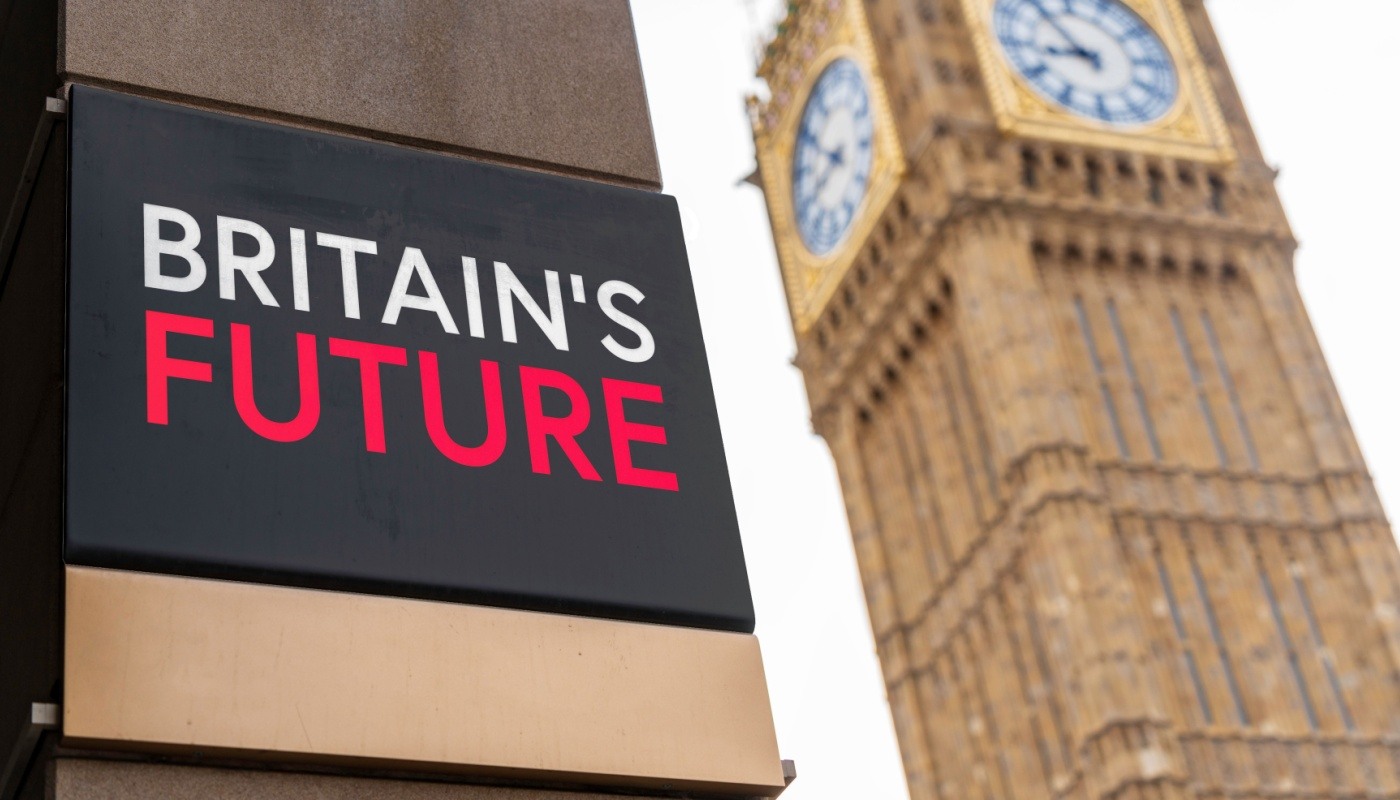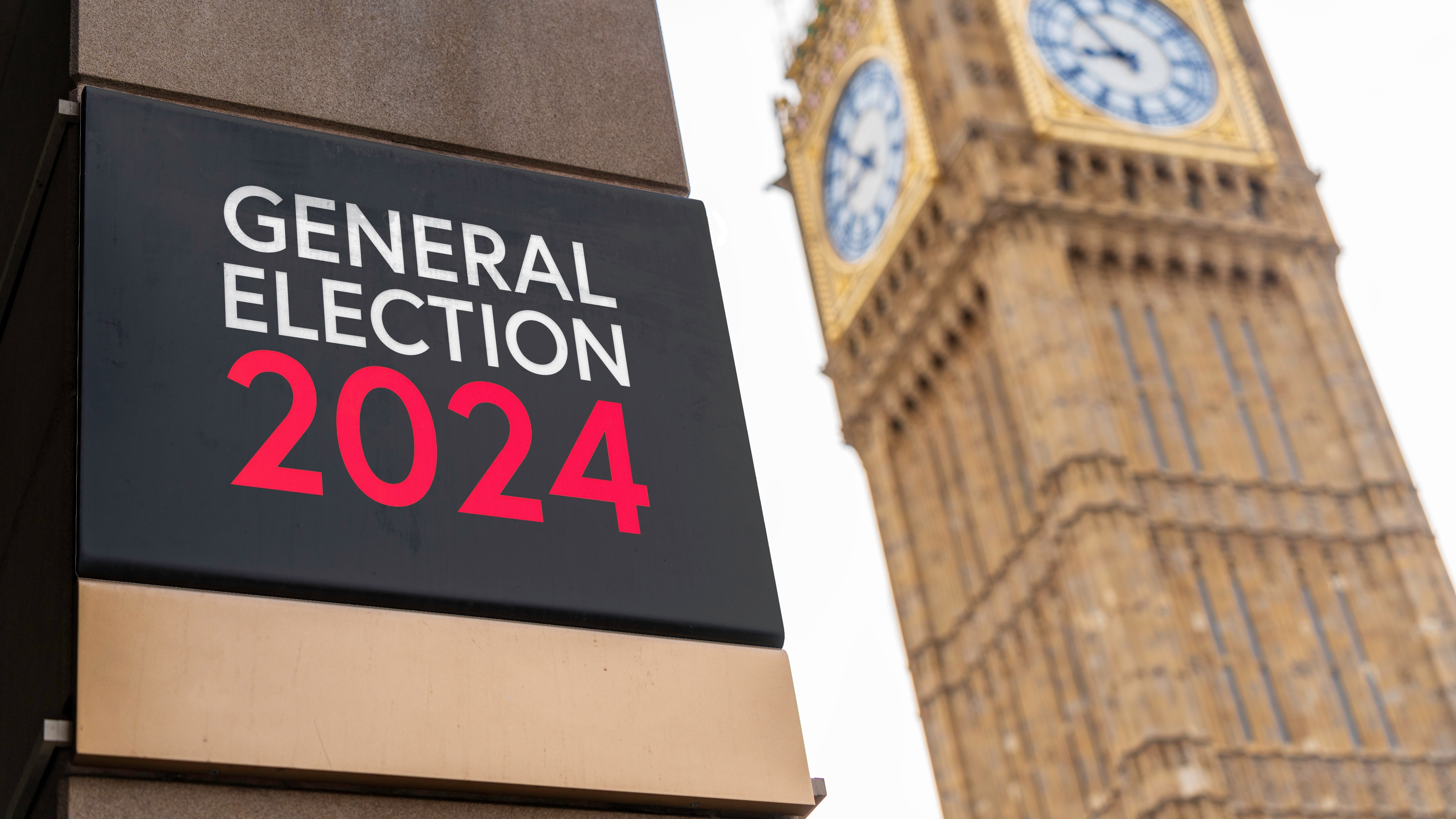It's Not Just Tesla: Why Dealers Are Wary of Electric Cars
by Inline Policy on 20 Mar 2014
For a guy who is supposed to be selling electric cars, Mike Kelly isn't a big fan.
Kelly, a car dealer in Erie, Pa., who also happens to represent his district in Congress, said in a 2011 hearing on fuel efficiency ratings that he fired a guy at his Chevy dealership who ordered the electric Volt. Kelly claimed the Volt sells poorly and is overpriced.
"When you look at this, it makes absolutely no sense," Kelly said during hearings on government fuel economy ratings last year. "I can stock a Chevy Cruze, which is about a $17,500 car and turns every 30 to 40 days out of inventory … or I can have a [$45,763] Volt, which never turns and creates nothing for me on the lot except interest costs."
Kelly, a Republican member of the House who has sometimes aligned himself with the Tea Party, may not be representative of all car dealers. But he is certainly not alone. David Kiley, an analyst with New Roads Media, says car dealers are often ideologically opposed to electric cars. "You'll find that many dealers are Republicans, and so have joined the bandwagon of [electric vehicle] naysayers, which is a popular theme among Republicans," he says. "That's a real phenomenon."
SEE ALSO: With BMW's First Electric Car, No More 'Text Me When You Get There'
The push towards EVs is being driven largely by the Obama Administration, which is requiring automakers to double their aggregate fuel economy by 2025. Putting EVs in the mix is one way to skew the average. Car buyers also get a federal credit of $7,500 when they purchase an EV.
Even if dealers agree in principle with EVs, they aren't great for the bottom line. "Dealers want to move metal, plain and simple," Kiley says. "There is more education and selling required for EVs than gasoline cars. As long as gasoline remains under $4 a gallon in most of the country, sales of EVs and plug-ins like the Chevy Volt and Ford C-max Energi are going to have steep hills to climb — because the infrastructure to support them is still lagging."
Roger Lanctot, associate director of Strategy Analytics' global automotive practice, says even in comparatively liberal and environmentally-friendly countries such as Germany, dealers are skeptical of EVs. "Dealers may not want to sell them," says Lanctot. "This service business opportunity is different and dealers may be skeptical." Their wariness is logical: Dealers have to foot the bill for infrastructure, like charging stations, and need to spend money training employees — all to sell cars that will provide them with less income than a combustion-engine model.
Source: mashable.com
Topics: UK business







Comments